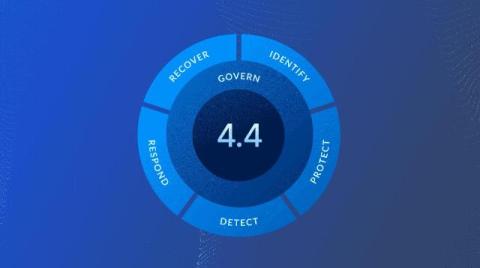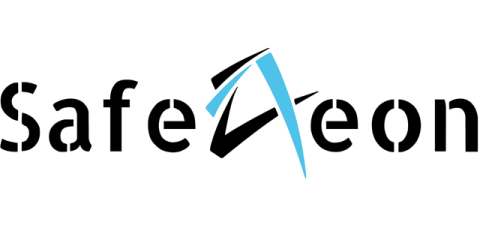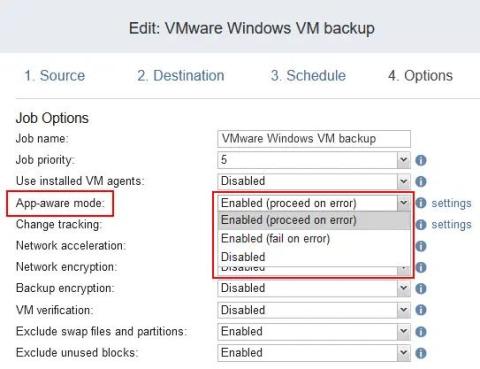Cybersecurity Leadership in Action: Fireblocks Reaches High NIST CSF Maturity Score
As someone who has spent decades working at the intersection of cybersecurity, innovation, and operational resilience, I’ve seen firsthand how critical it is to build trust in a rapidly evolving digital landscape. At Fireblocks, that trust is not just a goal—it’s a standard we continuously push ourselves to meet and exceed.











